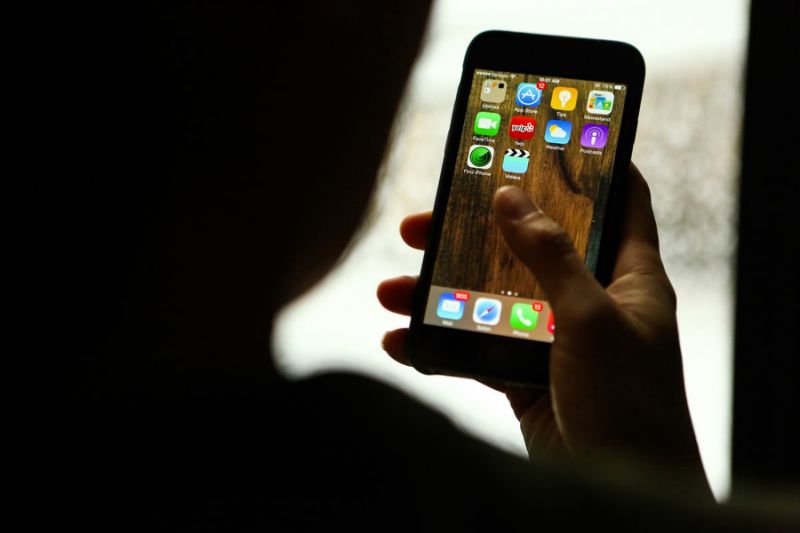Trump security team sees building US 5G network as option to counter China The Trump administration is worried about China—its trade policies, its expansionism, and its growing technological prowess.After imposing tariffs and blocking tech acquisitions by China, the White House is reportedly mulling something much bigger: a nationalized next-generation wireless network to contain China.The U.S. is in talks with private companies to build a secure 5G network amid concerns about China and cybersecurity, said two administration officials familiar with the plans. A memo obtained by news outlet Axios from a National Security Council official in the Trump administration proposes the US government should take over the work of deploying a 5G network, with the aim of getting it done within three years. One key reason to do this, the document states, is a fear of China advancing in artificial intelligence faster than the United States. Talks are preliminary, and key decisions over funding and control haven’t been reached, said the people, who discussed the deliberations on condition of anonymity. The government aims to decide on a plan by the end of September and build it out over the next few years, said one of the officials. If the U.S. opts for one secure network rather than multiple systems, the main unresolved questions would be what portion of the project would be taxpayer funded, and whether it would be owned by the government, a private consortium or some combination of public and private entities, one of the officials said. More from Bloomberg.com: Trump Says Ice Caps `Setting Records’ as He Mulls Climate Accord If the federal government directly participates in building a wireless network intended for commercial use, it’d be a departure from the decades-long tradition of auctioning licenses to telecommunications companies to build their own networks. A handful of carriers, including Verizon Communications Inc., have already been moving from trials to deployments of the next-generation wireless network known as 5G. Most mobile-phone companies are targeting 2020 for the initial roll-out of the technology, which promises 10 times faster speeds and lower latency, or lag time, in transferring data when it’s requested. More from Bloomberg.com: British Lords Get Ready to Disrupt Brexit Network Takeover The Trump administration is in contact with U.S., European and Asian companies, but not Chinese firms, one of the officials said. Engineers are still trying to figure out how to make 5G work. Rain, fog and trees have long been the enemy of high-frequency radio waves. Given the relatively short, fragile nature of 5G signals, carriers have to configure networks differently. They’re shifting more of the network hardware from tall towers that are scattered to spread signals over broad areas, to smaller, more clustered sites like rooftops and street poles. Axios, citing sensitive documents it had obtained, reported earlier Sunday that Trump national security officials are considering a takeover of part of the nation’s mobile network to guard against China, The best way to protect against China — the “dominant malicious actor in the Information Domain” — is for the U.S. to build a network itself and then rent access to carriers such as AT&T Inc., Verizon and T-Mobile US Inc., Axios quoted a memo as saying. More from Bloomberg.com: Senator Sees End of Trump’s Presidency If He Fires Mueller One of the officials dismissed the notion of a “takeover” referenced by Axios as not part of the administration’s thinking. “Thanks to multibillion-dollar investments made by American companies, the work to launch 5G service in the United States is already well down the road,” AT&T said in a statement. “We have no doubt that America will lead the 5G revolution.” The company didn’t comment on whether it was in talks about a government-run network. Verizon, Sprint Corp. and T-Mobile didn’t respond to requests for comment late Sunday. According to the documents, a secure 5G network is critical to create a secure pathway for new technologies like self-driving cars and virtual reality, Axios reported. U.S. lawmakers have sounded alarms about the growing power of Huawei, the Chinese network equipment maker that’s expanded its market share around the globe, with its products operating networks in Europe and Latin America. A government-backed plan to accelerate the development of 5G in the U.S. would require support from Huawei’s top rivals, such as Nokia Oyj and Ericsson AB.]]>
